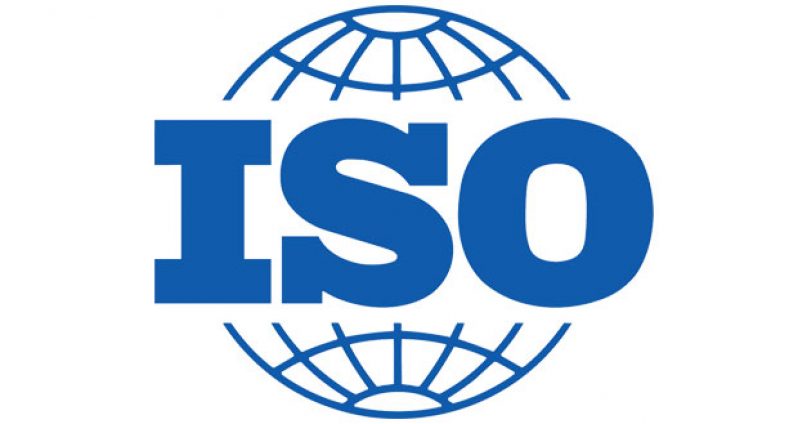Understanding the usefulness of International Standards
INTERNATIONAL standardisation is well-established for many technologies in such diverse fields as information processing and communications, textiles, packaging, distribution of goods, energy production and utilisation, shipbuilding, banking and financial services. International standards, which can be applied globally, will continue to grow in importance for all sectors of industrial activity for the foreseeable future.
 International standards can facilitate world trade by effectively removing technical barriers to trade, leading to new market opportunities and economic growth. Simply put, a component or system manufactured to an international standard in ‘country A’ can be sold and used in ‘countries B through to Z’ if these countries have adopted the same international standard.
International standards can facilitate world trade by effectively removing technical barriers to trade, leading to new market opportunities and economic growth. Simply put, a component or system manufactured to an international standard in ‘country A’ can be sold and used in ‘countries B through to Z’ if these countries have adopted the same international standard.
International standards provide industry and users with the framework for achieving economies of design, greater product and service quality, increased interoperability of products, and improved production and delivery systems. At the same time, international standards also encourage an improved quality of life by contributing to safety, human health and the protection of the environment.
The World Trade Organization’s (WTO) Agreement on Technical Barriers to Trade (TBT) explicitly recognises that international standards play a critical role in improving industrial efficiency and facilitating world trade. The number of standardisation bodies that have accepted the Code of Good Practice for the Preparation, Adoption and Application of Standards presented in Annex 3 to the WTO’s TBT Agreement also underlines the global importance of standards that help, not hinder, trade.
There are a diversity of bodies involved in the preparation of standards used globally. These include governmental or treaty organisations, non-governmental organisations, and organisations that are either specialised in standardisation or involved also in other activities. The International Organisation for Standardisation (ISO), the International Electrotechnical Commission (IEC) and the International Telecommunications Union (ITU) are familiar examples of organisations that develop standards used globally.
Standards developed by some U.S.-domiciled (headquartered) organisations such as American Standards for Testing and Materials (ASTM) have gained direct international acceptance in specific sectors and serve as de facto global standards. These standards are developed with input from international participants, in some cases on an individual basis, in others on an organisational basis. In addition, in certain technology sectors, consortia organisations are popular means for the development of global standards. Consortium technical categories include areas such as e-commerce, the Internet, multimedia, web services and so on.
For further information, contact the GNBS on telephone numbers: 219-0062, 219-0065 or 219-0069 or visit the GNBS Website: www.gnbsgy.org



.jpg)










